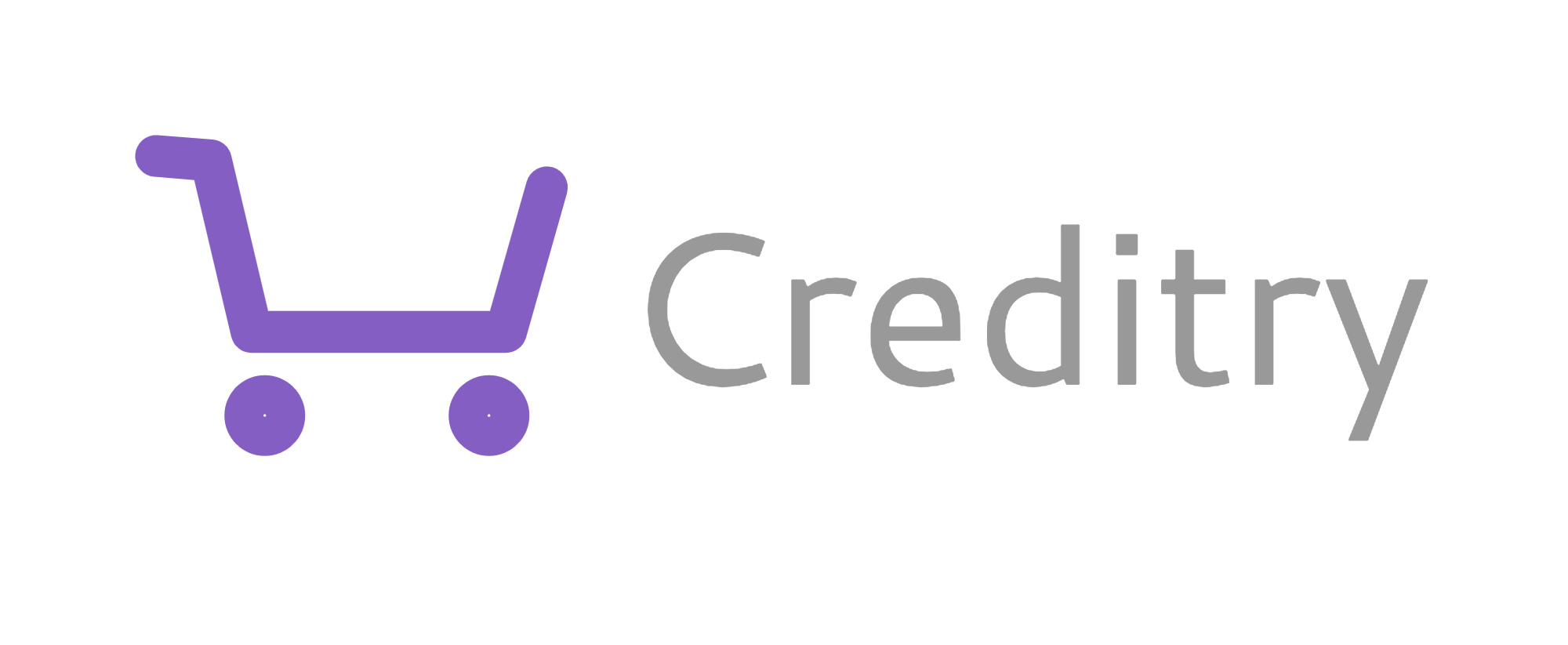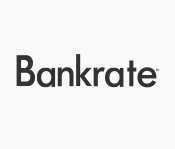Common Forms of Small Business Startup Financing
The startup loan was designed specifically for entrepreneurs. Small business startup financing can provide the necessary capital to help get a new business off the ground and fund key venture expenses – without relying on angel investors or friends and family.
Startup business financing can come in many shapes and forms: Some may be traditional term loans, some may be business credit cards, and some may be SBA loans. However, they are all designed to help fund a new venture for entrepreneurs who are willing to use debt as a source of capital. Deciding on a startup loan is one of the most important early business decisions you can make, so finding the right loan terms is key. While there are endless possible varieties which can be negotiated between your business and your choice of business loan companies, it’s important to familiarize yourself with a few general categories before you get serious about small business loan shopping.
Basic Startup Loan – Some business loan companies will finance small business start up efforts on terms specifically designed for brand new entrepreneurs with limited credit history of their own. These loans will probably have higher interest rates, and approval is largely based on persuading the lender that the venture is profitable. That means documentation and more documentation, as well as a readiness to explain – concisely and confidently – why customers will prefer you over existing competitors, or why your product or service is necessary in the first place. Then again, if you can’t answer those questions already anyway, you probably wouldn’t be starting your own small business to begin with.
Term Loans – These are what most people think of when they decide to get a startup business loan. Term loans are generally unsecured loans, meaning you’re not putting up your home or car or investments as collateral. Typical business loan terms apply to term loans – you receive the full amount up front to be repaid at a fixed interest rate in predictable monthly payments over a pre-set amount of time. No surprises – a rare thing in any facet of running your own business.
Small Business Administration (SBA) Loans – These loans are not actually issued by the Small Business Administration, but they do set the terms and qualifications for approved lenders to apply when considering them. They’re a major element of our government’s effort to encourage entrepreneurship. They have the advantage of lower interest rates and somewhat easier approval for fledgling businesses. Every entrepreneur should at least look into the possibility of taking out an SBA loan. SBA loans are backed by the government. There are numerous requirements to meet, but lenders are more likely to approve borrowers for SBA-backed loans because they involve less risk for the lender.
Secured Loans – A secured loan is sometimes the only way to get a startup business loan for entrepreneurs who don’t have strong credit. Taking out a secured loan means offering up something valuable as collateral to the lender. The lender takes ownership of the collateral if the entrepreneur is unable to pay back the loan. Common sources of collateral include vehicles or homes, although obviously these are risks which must be carefully measured before committing. If one of the primary purposes of the loan is to buy essential equipment for the business, the equipment itself can often act as collateral, meaning less personal risk for the business owner.
Revolving Credit – An operating line of credit can be a great option for new small businesses who can’t always anticipate the numerous small and medium-sized expenses which may arise along the way. Because you only pay interest on the amount you’ve actually withdrawn or used, these make great emergency funds. A small business line of credit can be used for almost anything a credit or debit card can, but the ability to withdraw cash or write checks on the funds gives it additional flexibility as well. At the same time, small business credit cards have the benefit of looking and feeling familiar to most entrepreneurs and may offer perks a line of credit does not.
Personal Loans – For many entrepreneurs, personal loans are the most reliable way to finance small business start up costs, especially for sole proprietorships in which the line between you and your business can be blurry to begin with. Entrepreneurs building startups don’t yet have strong business credit. Many instead choose to rely on their personal credit for startup business financing. This doesn’t mean lenders won’t ask to see a business plan or other documentation related to the potential income and success of the venture, but the key element in the loan will be the owner’s personal credit score and credit history.














